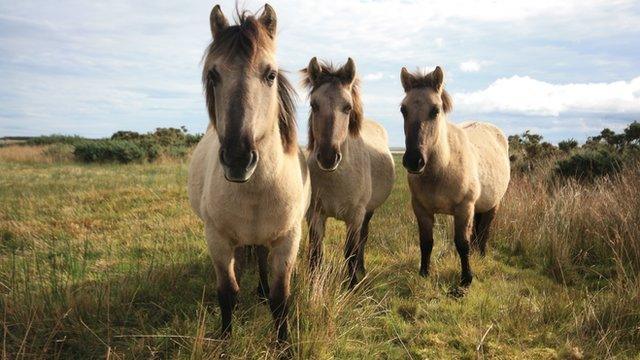Gene bank project set to 'futureproof' Exmoor ponies
- Published
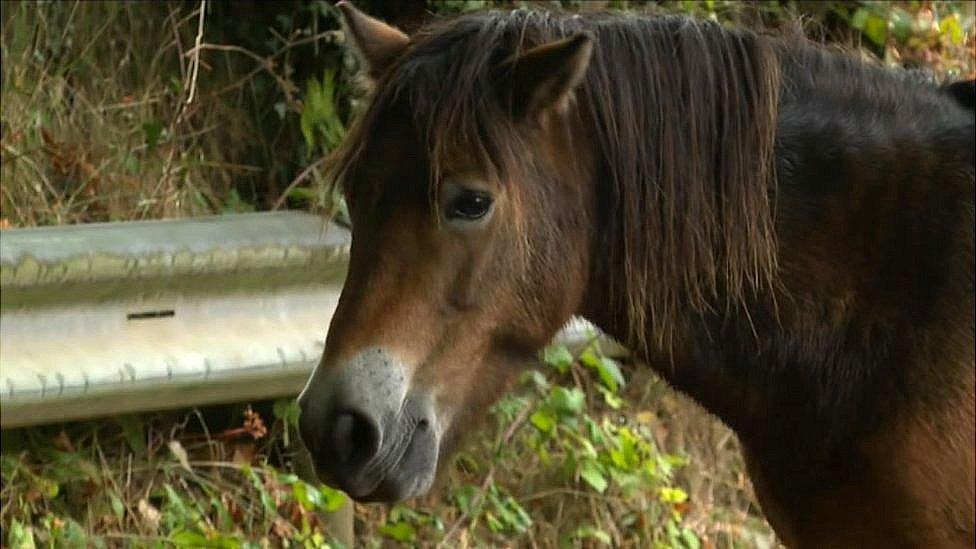
Emma Wallace said the ponies had "created the landscape on Exmoor and they keep it as it is"
A project is under way to protect the genetic material of Exmoor ponies.
The breed has been part of the landscape for generations, but it is endangered.
It is hoped stallions from the Anchor herd near Dulverton, the biggest pure bred herd in the world, will be part of the scheme.
David Wallace, who owns them, said the new gene bank would "safeguard these wonderful ponies" in the event of an outbreak of a serious disease.
The Wallace family have been the guardians of the Anchor herd, which is also one of the founder herds, for more than a century.
"It is a responsibility," Emma Wallace said.
"Sometimes I get quite emotional about it because it's just a lovely heritage to have."
She said they were "lovely ponies and they are heritage".
"We're very proud of them," she added.
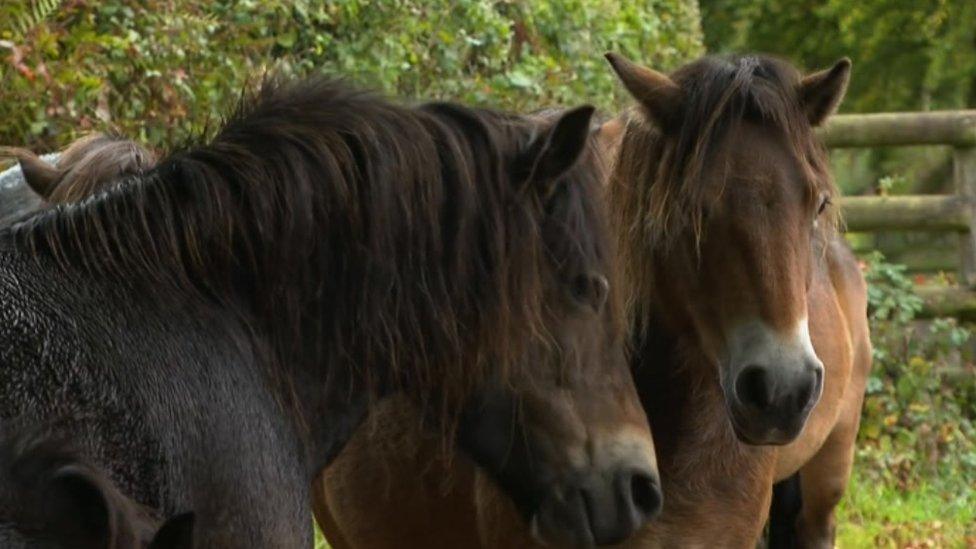
"Should an outbreak of equine flue or another serious disease break out, we've got some futureproofing," said David Wallace
Mr Wallace said that, following the depletion in numbers of Exmoor ponies during World War Two, some his ancestors "got a group of ponies together and ensured their survival".
He hopes the new gene bank will provide some "futureproofing" of the breed.
The Anchor herd have also just undergone a yearly health check, which includes marking them and checking their condition, a process that attracted fans of the ponies.
"It's just marvellous. I mean, wouldn't be without it. (It's) certainly part of our calendar, anyway," said one visitor.
Another added: "Every year, we go to the gathering here.
"When I was a little child I always ride on the Exmoor pony and I said to my mum 'when I grow up I have to go to Exmoor to see them in real life' - and we did."

Follow BBC West on Facebook, external, Twitter, external and Instagram, external. Send your story ideas to: bristol@bbc.co.uk , external
Related topics
- Published11 December 2021
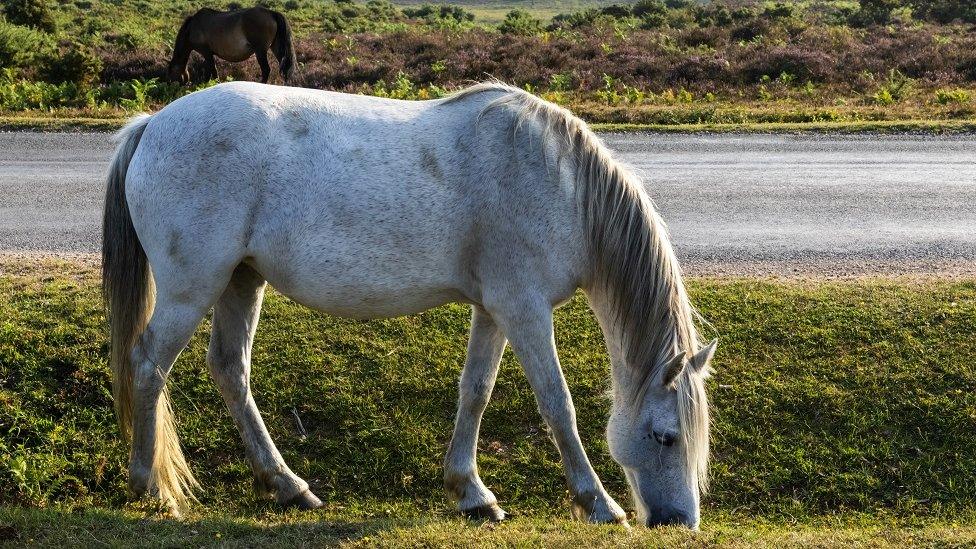
- Published3 October 2022
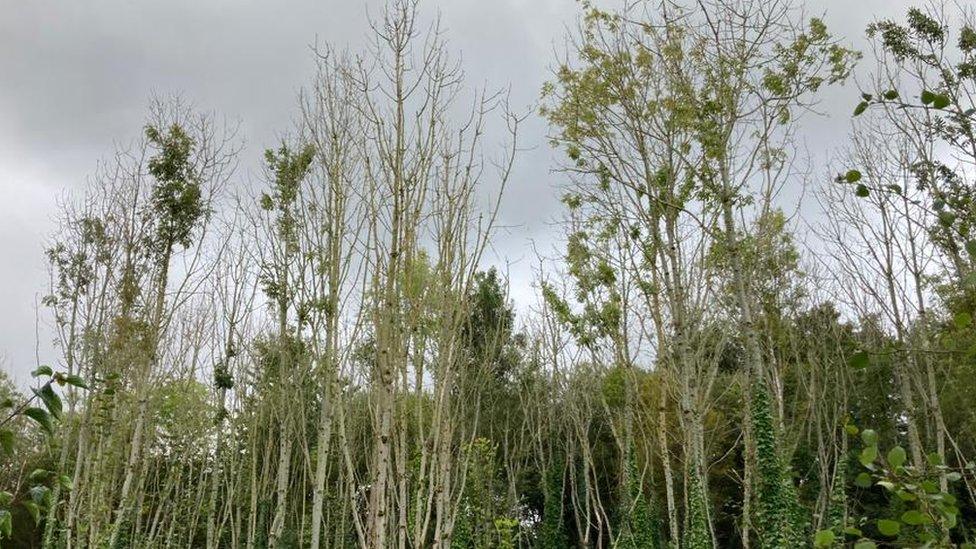
- Published22 July 2022
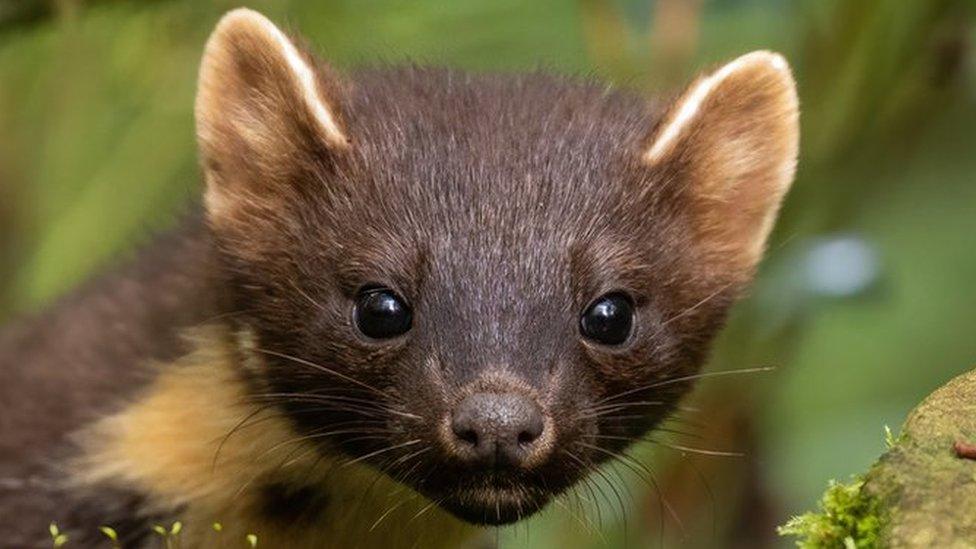
- Published25 May 2022
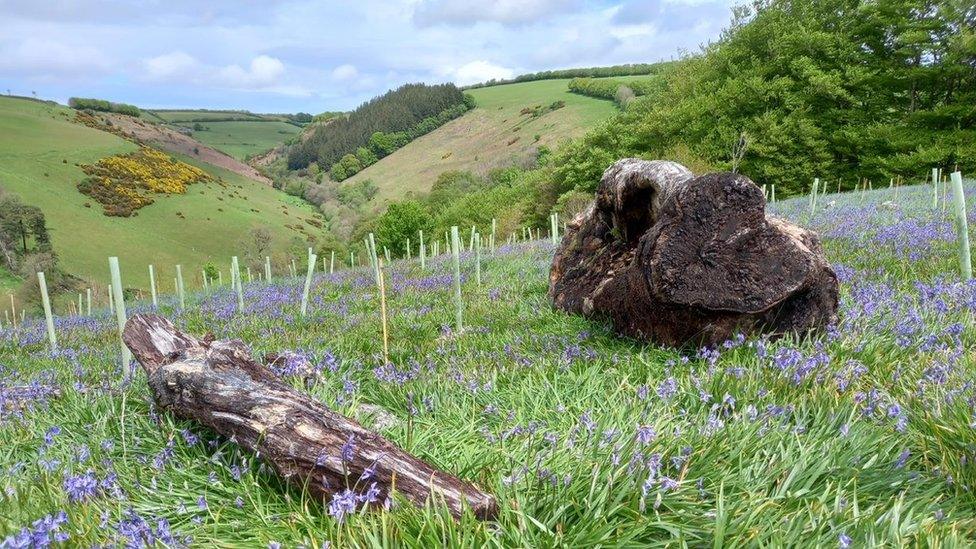
- Published12 October 2014
